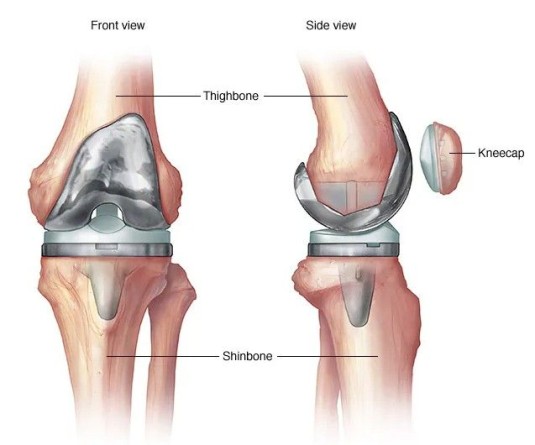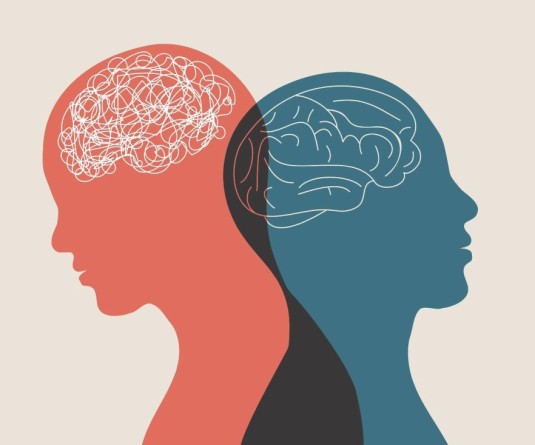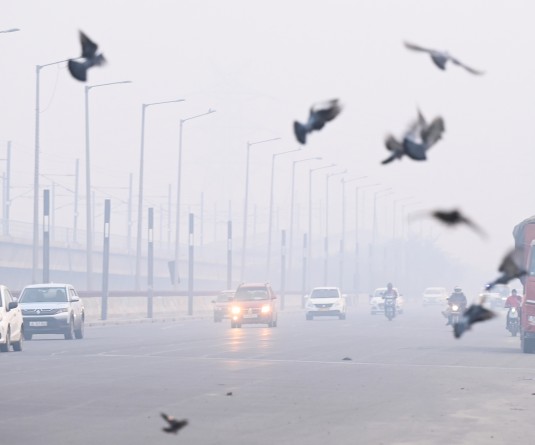IANS Photo

New Delhi, August 9 (IANS) Offering concussion patients a brain scan known as diffusion tensor imaging (DTI) MRI could help identify those at risk of experiencing long-term, life-changing symptoms like fatigue, memory issues, and headaches, according to researchers.
A concussion is the most common form of brain injury globally. Current assessments often involve CT scans, which detect abnormalities in fewer than 10 per cent of concussion patients.
However, 30-40 per cent of those discharged continue to experience severe symptoms such as fatigue, memory issues, headaches, and mental health problems for years, said the team from the University of Cambridge in the UK.
“Concussion is often seen as a hidden disease. Without objective evidence like a scan, patients’ symptoms are frequently dismissed or ignored,” said Dr. Virginia Newcombe, an Intensive Care Medicine and Emergency Physician at Addenbrooke’s Hospital, Cambridge,
Dr. Newcombe and her team demonstrate that Diffusion tensor imaging (DTI) MRI, which measures the movement of water molecules in brain tissue to create detailed images of white matter tracts, can significantly improve the prognosis for concussion patients with normal CT scans.
The study analysed data from over 1,000 patients, revealing that DTI scores improved predictive accuracy from 69 per cent to 82 per cent for poor outcomes.
The researchers also examined blood biomarkers, proteins released into the blood following a head injury. While biomarkers alone did not suffice, specific proteins like glial fibrillary acidic protein (GFAP) and neurofilament light (NFL) were useful in identifying patients who might benefit from a DTI scan.
“Given the significant impact of concussion symptoms on individuals’ lives, the use of DTI for more accurate assessments is urgently needed,” Dr. Newcombe emphasised.
The team is now exploring ways to integrate DTI into clinical practice and investigating blood biomarkers to develop simpler, more practical predictors.






